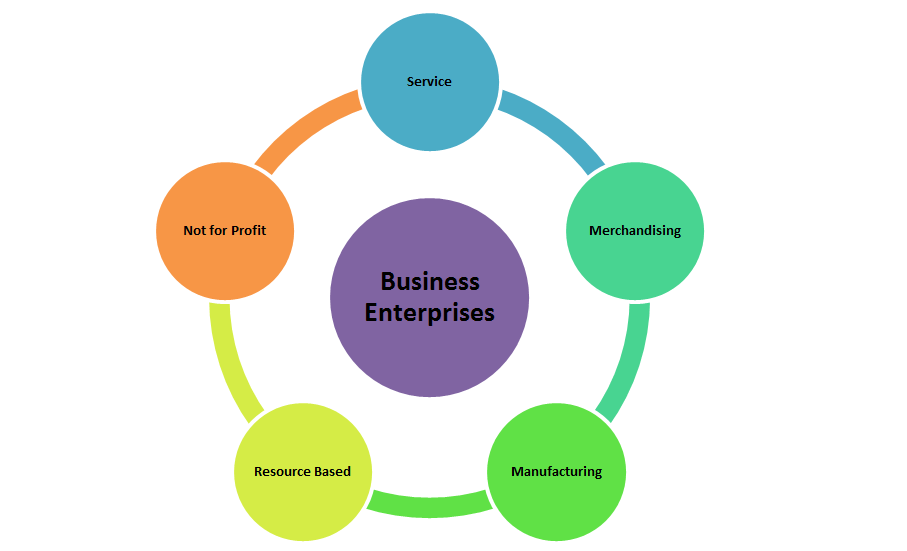Don’t Neglect Your Customers’ Data! The Importance of a Privacy Policy for Your Business in 2025
Have you ever considered why a privacy policy is essential for your business? In today’s hyper-regulated world, data protection laws are becoming stricter. Global regulations, such as the General Data Protection Regulation (GDPR), mandate compliance for businesses, even those outside the EU, under specific circumstances. With the technological and AI revolution driving a hyper-connected global landscape, a comprehensive and accessible privacy policy for your website is more critical than ever.
What is a Privacy Policy?
A privacy policy is a critical component of any organization that collects, stores, or processes personal data. It serves as a transparent agreement between your business and your audience, detailing your commitment to safeguarding their information while complying with global data protection laws. It’s also a strong reflection of your businesses’ values. In 2025, with stricter regulations, a privacy policy is a critical tool for building trust and ensuring global privacy compliance 2025.
At its core, a robust privacy policy should clearly explain the following:
- Who is collecting the information: Include contact information like the company name, address and designated representatives.
- What personal information is collected: This includes personal details like names, email addresses, payment information, device data, or browsing behavior.
- How that data is being collected: Whether through forms, cookies, or third-party tools like Google Analytics.
- Why that data is being collected: For purposes such as improving services, personalizing experiences, or marketing.
- How that data is being managed: Including storage duration, international transfers, security measures, and whether data is shared or sold to third parties.
- Users’ rights: Such as the right to access, correct, or delete their data, as mandated by laws like the GDPR.
What is personal data?
According to the GDPR, “personal data” refers to any information relating to an identified or identifiable natural person, from which it is possible and practical to ascertain their identity. Because such data is often sensitive, it is protected by law.
Personal data can include:
- Names and email addresses
- Financial history
- Biometric data (e.g., fingerprints or facial recognition)
- Health data
- Race or ethnic origin
- Religious beliefs
- IP addresses or browsing history
Given the sensitive nature of personal data, a comprehensive privacy policy is essential to cover all aspects of data collection and use.
5 Reasons why a Rock-Solid Privacy Policy is a Non-Negotiable in 2025
1. It’s the Law
Regulators worldwide are granting consumers greater rights over their personal data. Laws like Australia’s Privacy Act 1988, the EU’s GDPR, and California’s Consumer Privacy Act have far-reaching authority, often requiring businesses outside their jurisdictions to comply, especially for online operations. A clear privacy policy ensures you meet these legal obligations while empowering users.
2. Third-Party Platforms Require It
Many online platforms, such as Shopify, the Apple App Store, Google Play Store, Google Analytics, and Meta, require businesses using their services to maintain a transparent privacy policy. These platforms often mandate including a clause referencing their own privacy practices to ensure compliance with their terms of service.
For example (sample clause): “We use third-party services such as Google Analytics and Shopify to enhance our website’s functionality and user experience. These services may collect data as outlined in their respective privacy policies. Please review Google’s Privacy Policy and Shopify’s Privacy Policy for more information on how your data is handled by these providers.”
3. It Builds Transparency and Trust
A clear, comprehensive privacy policy that outlines how your business collects, uses, and stores data fosters consumer confidence. By demonstrating ethical practices, you empower customers to trust your brand, which can make the difference between a sale and a negative review.
4. It Enhances Trust in AI Usage
AI integration is now commonplace, driving creativity and streamlining workflows. However, many consumers are wary of how businesses use AI and handle their data in these processes. A privacy policy that explicitly addresses AI usage can significantly boost transparency and trust.
For example (sample clause): “We may use artificial intelligence (AI) tools to analyze user data for purposes such as personalizing content, optimizing services, or improving customer support. All of our AI processes comply with applicable data protection laws, and we will ensure your personal data is processed securely with strict safeguards in place to protect your privacy.”
5. It is Your First Line of Defense in a Data Breach
According to IT Governance UK, 2025 has seen a surge in data breaches, with third-party vulnerabilities identified as a leading cause. While a privacy policy cannot prevent breaches, a well-crafted policy can significantly mitigate legal and financial consequences by demonstrating compliance and due diligence.
Create a GDPR Compliant Privacy Policy with DocLegal.AI
With DocLegal.AI, you can create a GDPR-compliant privacy policy template 2025 for your website in minutes. Visit DocLegal.AI today to get started and address privacy requirements with ease.


.jpeg)




